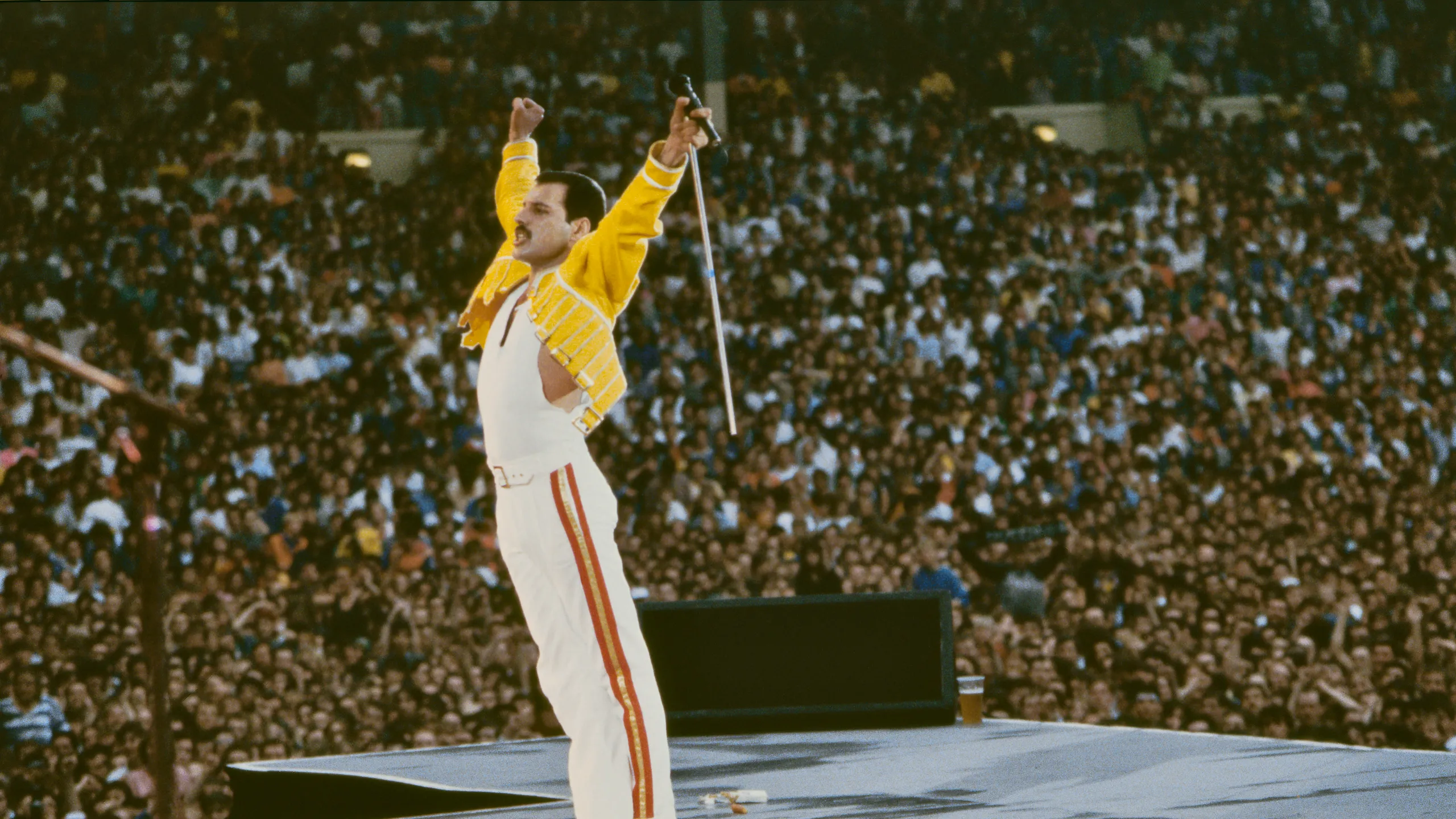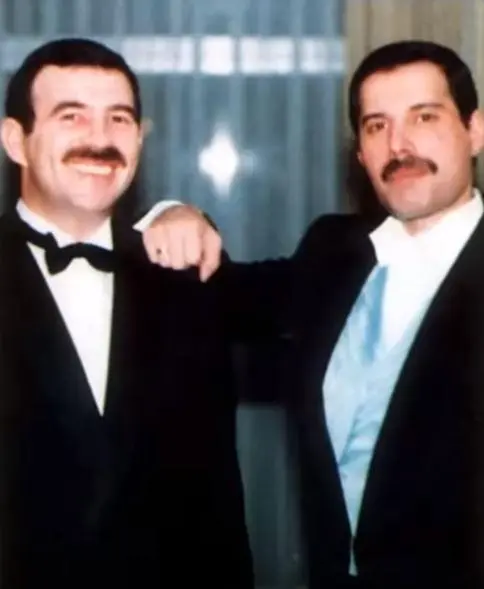Freddie Mercury: The Legendary Life of Queen's Iconic Frontman
Updated: Aug 28

Freddie Mercury, the charismatic and groundbreaking lead singer of Queen, remains one of the most influential figures in rock music history. Known for his powerful voice, flamboyant stage presence, and innovative approach to performance, Mercury's impact on the music industry and popular culture is both profound and enduring.
Early Life and Musical Beginnings
Born Farrokh Bulsara on September 5, 1946, in Zanzibar (now part of Tanzania), Freddie Mercury's journey to rock stardom began far from the stages of London. His Parsi-Indian family moved to England in the 1960s, where Farrokh adopted the name Freddie Mercury and began his musical journey.
Freddie's passion for music was evident early on. He attended Ealing Art College, where he studied graphic design and met future Queen members Brian May and Roger Taylor. The trio, along with bassist John Deacon, formed Queen in 1970. The band's unique blend of rock, opera, and theatricality, spearheaded by Mercury’s dynamic voice and charismatic persona, quickly set them apart from their contemporaries.
Queen’s Rise to Fame
Queen’s rise to fame was meteoric, thanks in no small part to Mercury’s innovative approach to music and performance. The band's 1975 album, "A Night at the Opera," showcased Mercury's songwriting prowess and his ability to blend different musical styles. The album’s lead single, “Bohemian Rhapsody,” became an instant classic and is often regarded as one of the greatest rock songs of all time. Its complex structure, blending opera, ballad, and hard rock, exemplifies Mercury’s vision of pushing musical boundaries.
Freddie Mercury's stage presence was legendary. Known for his flamboyant costumes, dynamic movements, and ability to command the audience, Mercury was a performer like no other. His iconic live performances, particularly Queen's set at Live Aid in 1985, are celebrated as some of the greatest moments in rock history.
Songwriting Genius and Iconic Hits
Freddie Mercury was not just a remarkable performer but also a prolific songwriter. His contributions to Queen’s discography include timeless hits such as “Somebody to Love,” “We Are the Champions,” “Radio Ga Ga,” and “Don’t Stop Me Now.” His ability to craft songs that resonated with a wide audience while maintaining Queen’s distinctive sound demonstrated his exceptional talent and creativity.
Mercury’s songwriting often drew from a variety of genres, reflecting his eclectic tastes and ability to innovate. His songs ranged from rock anthems and ballads to disco-influenced tracks, showcasing his versatility and broad musical influences.
Personal Life and Legacy
Despite his public persona, Freddie Mercury was known to be a private individual about his personal life. He maintained a close circle of friends and family, with whom he shared his personal struggles and triumphs. Mercury’s sexuality, a subject of speculation and fascination, remained a private matter until his later years, when he became more open about his health and his battle with AIDS.
Freddie Mercury’s life was tragically cut short when he died on November 24, 1991, from complications related to AIDS. His passing was met with an outpouring of grief and tributes from fans and fellow musicians around the world. In recognition of his impact, Queen established The Mercury Phoenix Trust to support AIDS research and raise awareness about the disease.
Enduring Influence and Tribute
Freddie Mercury's influence extends far beyond his music. His groundbreaking performances, unique voice, and unapologetic individuality have inspired countless artists and performers. Mercury’s legacy lives on through his contributions to music, his impact on the LGBTQ+ community, and his role in challenging norms and pushing boundaries.
The 2018 biographical film "Bohemian Rhapsody," which chronicled Mercury’s life and Queen’s rise to fame, introduced a new generation to his extraordinary story and achievements. The film’s success highlighted the continued relevance of Mercury’s music and the enduring appeal of Queen’s legacy.
Conclusion
Freddie Mercury’s life and career were a testament to the power of artistry, innovation, and self-expression. As the frontman of Queen, he transformed the rock genre with his bold vision and remarkable talent. His music continues to resonate with audiences around the world, and his performances remain a benchmark of excellence in live entertainment.
Freddie Mercury’s story is one of passion, creativity, and defiance of convention. His legacy, embodied in his iconic music and unforgettable performances, ensures that he will be remembered as one of the greatest rock stars of all time. To celebrate Freddie Mercury’s life, one need only listen to his timeless songs and experience the electrifying energy that defined his legendary career.































































Comments